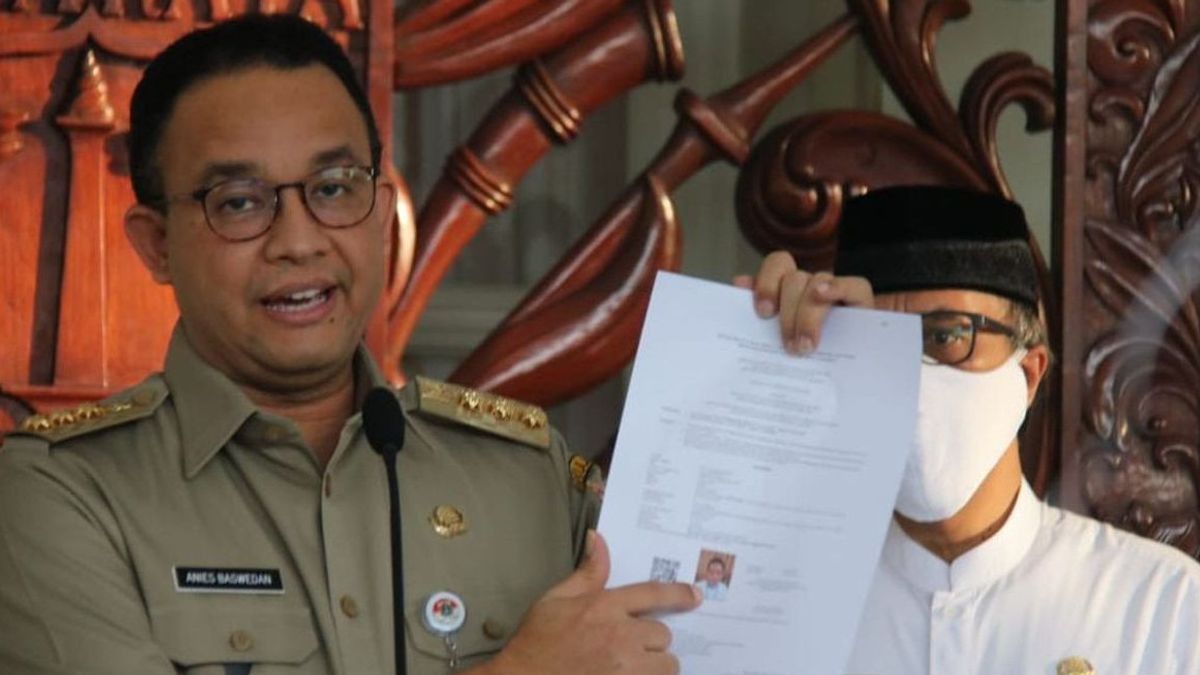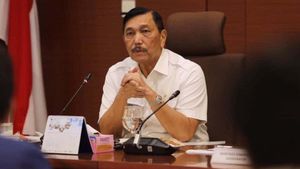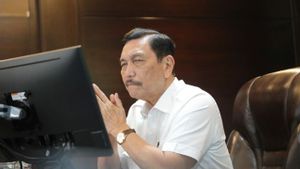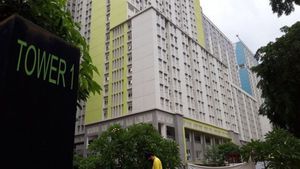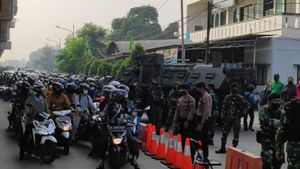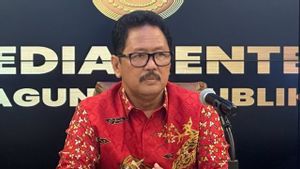JAKARTA - The Governor of DKI Jakarta, Anies Baswedan, expressed his frustration when he found that there were still companies outside the essential fields that still enforced work from office (WFO) employees.
This was discovered when Anies conducted an impromptu inspection at offices in the Sudirman area, Central Jakarta. In fact, companies other than essential and critical fields are required to work from home (WFH) 100 percent during Emergency Restrictions on Community Activities (PPKM).
In uploading a video on his Instagram account, Anies inspected two non-essential offices in the Sahid Sudirman Center building. Anies entered Ray White Indonesia's office and found that a worker had entered.
Anies met with the HRD of the company. Annoyed, Anies said the company had no responsibility and violated the emergency PPKM rules.
"Your company is not responsible. This is not a matter of profit and loss. It's a matter of life. We want to save the lives of people and people like you who are selfish. Let the workers come along", Anies said inside the office, Tuesday, July 6th.

Anies then ordered the Ray White Indonesia office to close its operations. "Now close the office, and tell everyone to go home, obey the rules. Got it?", he continued.
SEE ALSO:
Next, Anies visited the Equity Life Indonesia office. To the company's HRD, Anies reminded the critical condition of COVID-19 in Jakarta.
"Every day we bury people, sir. You take responsibility. Everyone is dead, sir, no one gets lucky. Moreover, pregnant women are coming in", said Anies. Based on this finding, Anies confirmed that he would temporarily close the two companies.
For information, the government requires 100 percent WFH for non-essential companies during emergency PPKM. Then, for essential sector offices, a maximum of 50 percent of work from office (WFO) employees are applied with a health protocol and for critical sectors, a maximum of 100 percent of WFO employees are allowed with a health protocol.
The essential sectors include finance and banking, capital markets, payment systems, information and communication technology, non-COVID-19 quarantine handling hotels, and export-oriented industries.
The coverage of critical sectors is energy, health, security, logistics and transportation, food, beverage, and supporting industries, petrochemicals, cement, national vital objects, disaster management, national strategic projects, construction, basic utilities (such as electricity and water), as well as the industry to fulfill the basic needs of the people in daily life.
The English, Chinese, Japanese, Arabic, and French versions are automatically generated by the AI. So there may still be inaccuracies in translating, please always see Indonesian as our main language. (system supported by DigitalSiber.id)
